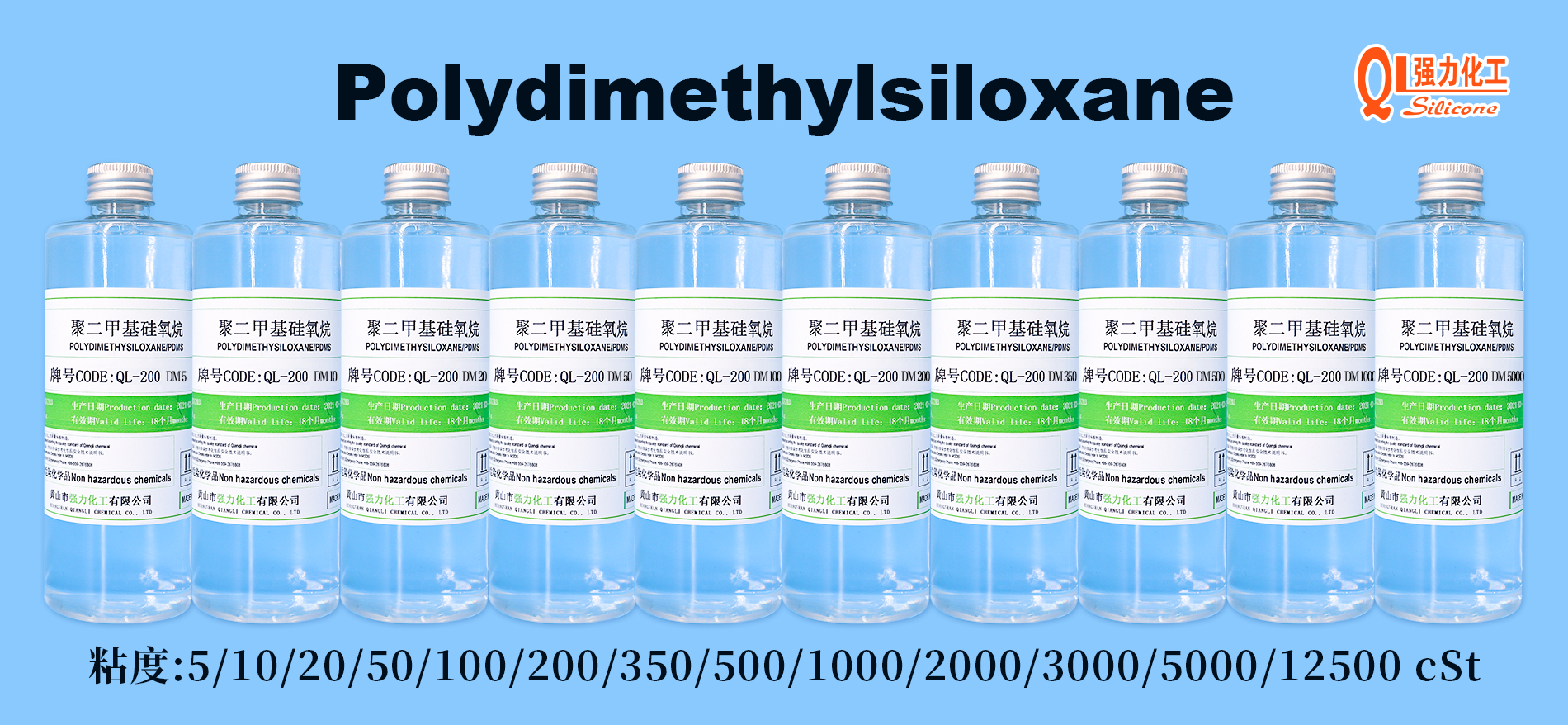Organic silicon resin coating is a type of elemental organic coating, abbreviated as organic silicon coating, mainly composed of organic silicon resin or modified organic silicon resin as the film-forming substance. Elemental organic coatings are a general term for coatings mainly composed of elemental organic polymers as film-forming substances, including organic silicon, organic titanium, organic fluorine, organic aluminum, organic zirconium coatings, etc. Among them, the production of silicone resin coatings is the largest. Elemental organic coatings are a type of compound between organic polymers and inorganic compounds, with special thermal stability, insulation properties, high temperature resistance, chemical resistance, water resistance, weather resistance, and other characteristics. They are widely used in industries such as national defense and electrical appliances.

The performance of silicone resin coatings is as follows:
1. Silicone resin coating
Organic silicone resin coating is an expensive insulation coating with outstanding heat resistance, cold resistance, and weather resistance.
① Strong heat resistance of organic silicone resin coatings
This is the biggest feature of silicone resin coatings. Pure silicone resin varnish can withstand high temperatures of 200-250 ℃, while coatings formulated with flake aluminum powder, glass material, heat-resistant fillers, etc. can withstand high temperatures of 300-700 ℃. Modified silicone resin and heat-resistant pigments can produce coatings that can withstand high temperatures of 200-300 ℃. The paint film is resistant to boiling water and superheated steam after drying.
② Excellent weather resistance of silicone resin coatings
Pure silicone resin coatings still have good impact strength and flexibility at -50 ℃, and can be used at low temperatures of -80 ℃ after polyester modification.
③ Outstanding insulation performance of organic silicon resin coating
It has good electrical insulation under high temperature and humidity conditions, up to H-level, and a breakdown voltage of 60-100 kV/mm.
④ Organic silicone resin coatings have strong chemical corrosion resistance
Under the conditions of soaking in 3% alkaline solution for 100 hours at 100 ℃ or soaking in 5% saline solution for 70 hours, there is no change in the paint film. However, its corrosion resistance to dilute hydrochloric acid and sulfuric acid is poor, and its oil resistance is not strong. It can be used as a lubricating oil, but it will soften when it comes into contact with gasoline.
⑤ Organic silicone resin coatings have high anti mold properties
Organic silicone resin coating does not contain oil components, and mold cannot survive on the paint film. It has good anti mold performance.
⑥ Organic silicone resin coating has good adhesion
Organic silicone resin coatings are suitable for use on steel, glass, and aluminum substrates.
⑦ The curing temperature of organic silicon resin coatings is high
Most silicone resin coatings require high-temperature baking.
⑧ Poor resistance to organic solvents in silicone resin coatings.
⑨ Pure silicone resin coatings have low viscosity and are prone to precipitation when used with enamel paints made from pigments.
⑩ Organic silicon coatings have very low surface tension and excellent waterproof performance.

The coatings made with organic silicon resin as the film-forming material mainly include heat-resistant and weather resistant organic silicon anti-corrosion coatings, scratch resistant transparent organic silicon coatings, demolding and moisture-proof coatings, and radiation resistant coatings.
Organic silicon resins for coatings are generally prepared by hydrolysis and condensation of methyl trichlorosilane (CH3 SiCl3), dimethyl dichlorosilane [(CH3) 2SiCl2], phenyl trichlorosilane (C6H5SiCL3), diphenyl dichlorosilane [(C6H5) 2SiCl2], and methyl phenyl dichlorosilane [CHO (C6H5) SiCl2] as raw materials. The influence of monomer structure, number and proportion of functional groups on coating performance is significant. The types of organic groups connected to silicon atoms also affect the properties of the resin, and different organic groups can cause the organic silicon resin to exhibit different properties. For example, when the organic group is a methyl group, it can endow the organic silicon resin with thermal stability, demolding properties, hydrophobicity, and arc resistance; When it is a phenyl group, it endows the organic silicon resin with oxidation stability and can destroy the crystallinity of the polymer within a certain range;
When ethylene is used, it can improve the curing properties of silicone resin and bring coupling properties; When it is phenylethyl, it can improve the compatibility between organic silicon resin and organic compounds. Introducing a group into the siloxane main chain can increase its compatibility with alkyd resins, polyester resins, etc; When introducing aromatic subunits such as phenylene, diphenyl ether, biphenyl, and silicon carbon boron polymers, the radiation resistance is strong and the temperature resistance can reach 300-500 ℃; Organic silicon polymers with Si-N bonds as the main chain structure have thermal stability above 400 ℃. In practical applications, different silicone monomers can be selected as needed to introduce different organic groups into silicone resins.
According to reference materials, Chengguang Chemical Research Institute uses hydroxyl silicone oil, (CH3) 2SiCl2, and methyl triethoxysilane with viscosity of 20-40mPa · s as raw materials, controls the mass ratio of nR/nsi, (CH3) 2SiCl2, and hydroxyl silicone oil, and uses dropwise water to co hydrolyze at 50 ℃ for 1 hour to obtain methyl silicone resin with good hardness and elasticity, which can be used to prepare flame retardant coatings for metal film resistors. The Institute of Chemistry, Chinese Academy of Sciences, synthesized a soluble trapezoidal poly (methyl) silicone resin with narrow molar mass distribution using CH3SiCl3 as the main raw material and acetone and xylene as solvents. A high-temperature anti-corrosion coating was prepared by mixing the resin with a certain amount of aluminum powder and room temperature vulcanized silicone rubber. After aging at 250 ℃ for 1000 hours, the resin showed good flexibility, oil resistance, and corrosion resistance. Hefei University of Technology uses four functional groups of silicate esters and three functional groups of alkyl siloxanes to produce a base material with both silicate and organosilicon polymer characteristics through strict control of co hydrolysis reaction. This base material can be combined with pigments, fillers, and other auxiliary materials in a certain proportion to produce organic silicon heat-resistant coatings.
2. Modified silicone resin coating
Although silicone resin has many excellent properties, there are also some problems: it generally requires high temperature (150-200 ℃) curing, long curing time, and inconvenient large-scale construction; Poor adhesion to the substrate, poor resistance to organic solvents, poor mechanical strength of the paint film at high temperatures, and high prices. To overcome these drawbacks, organic silicone resins are commonly used to modify organic resins. Modified silicone resin usually combines the advantages of both resins, which can compensate for some of the performance shortcomings of the two resins, thereby improving performance and expanding application fields. There are two types of modification methods: physical blending and chemical modification, and the effect of chemical modification is generally better than that of physical blending modification. Chemical modification mainly involves introducing active groups at the end or side chains of polysiloxane chains, and then reacting with other polymers to form block, bridging, or interpenetrating network copolymers, thereby obtaining new properties. In the coating industry, organic resins modified with organosilicon mainly include alkyd resins. Acrylic resin, epoxy resin, etc.
2.1 Organic silicon modified alkyd resin coating
Organic silicon modified alkyd resin coating retains the advantages of room temperature curing and good physical and mechanical properties of alkyd resin paint, as well as the characteristics of heat resistance, UV aging resistance, and water resistance of organic silicon resin. It is a coating with excellent comprehensive performance. The earliest modification method was to directly add silicone resin to the reaction kettle of the alcohol acid resin that reached the end point of the reaction; Through such simple mixing, the outdoor weather resistance of alkyd resin is greatly improved. Another modification method is to prepare reactive organosilicon oligomers for reaction with free hydroxyl groups on the alkyd resin; Organic silicon oligomers can also be co condensed with polyols and alkyd resins. The weather resistance of alkyd resin modified by chemical reaction is better. The hydroxyl terminated alcohol acid prepolymer prepared by alcoholysis method at Hunan University and the organic silicon prepolymer prepared by hydrolysis or heterofunctional group method were subjected to condensation reaction to synthesize (A-B) n-type structure organic silicon alcohol acid block copolymer, and the block copolymer was used as the base material to make varnish; This varnish has excellent comprehensive performance, which not only has the advantages of room temperature curing, film flexibility, impact strength and adhesion of alkyd resin varnish, but also greatly improves its heat resistance, atmospheric aging resistance and water medium corrosion resistance.




